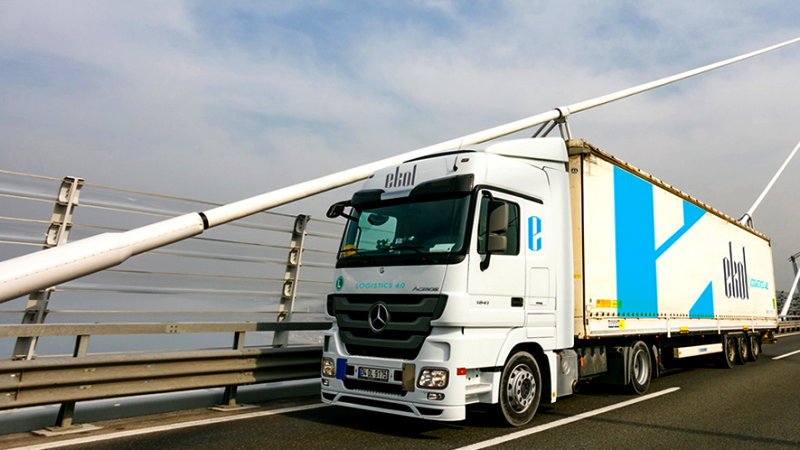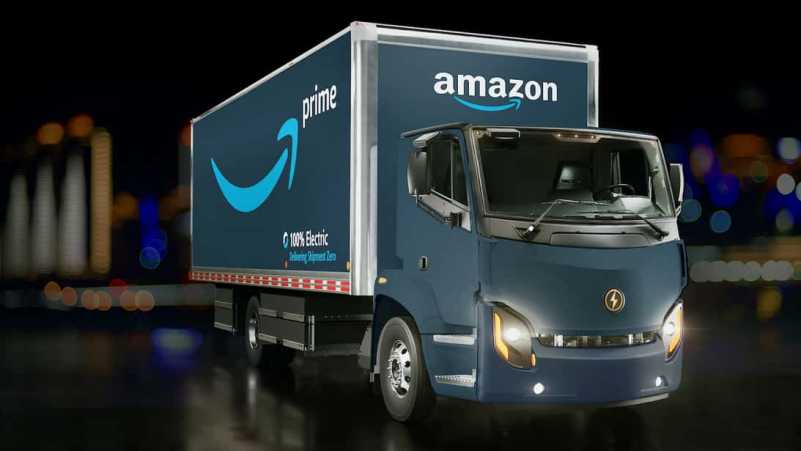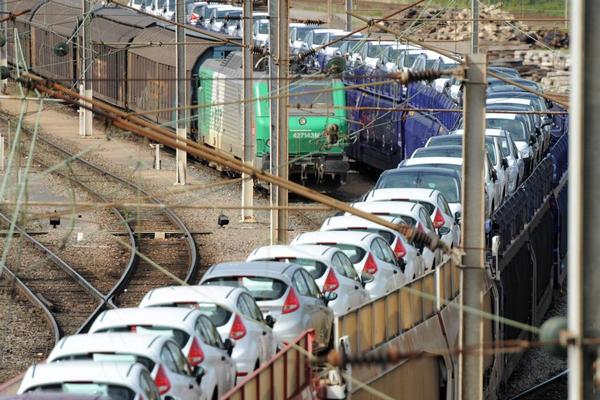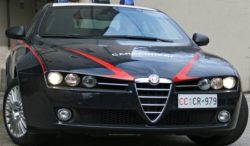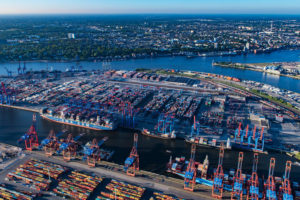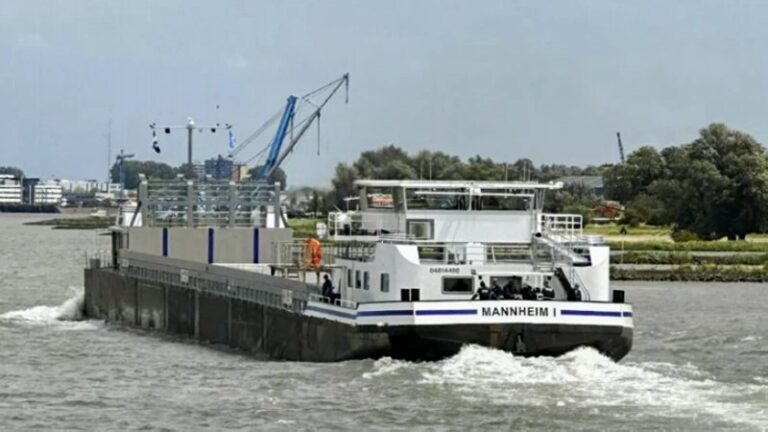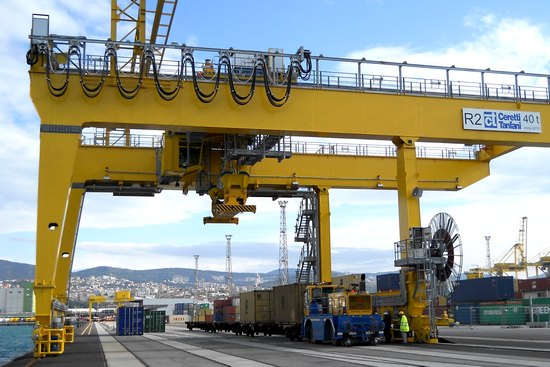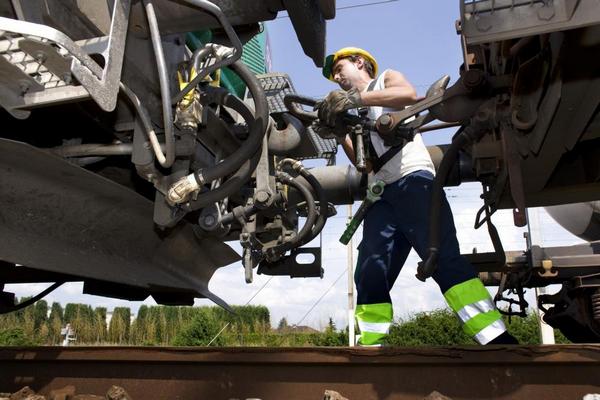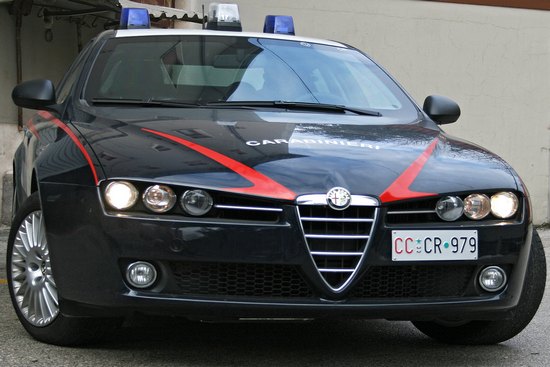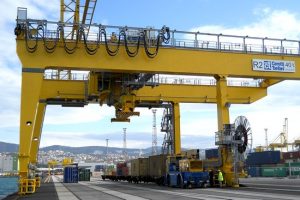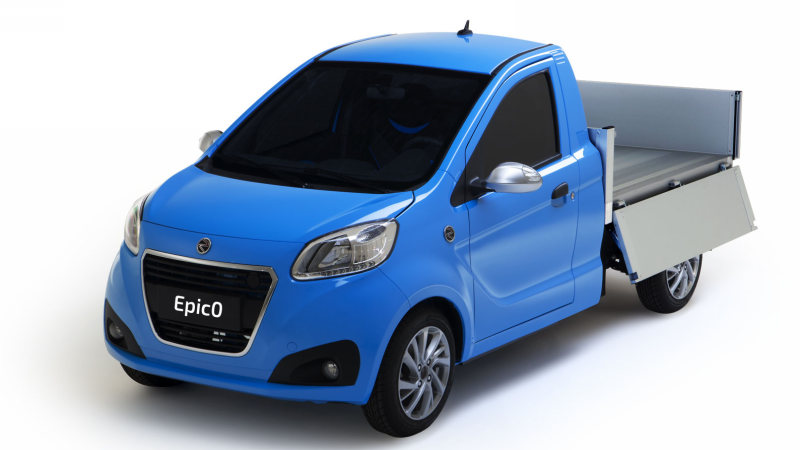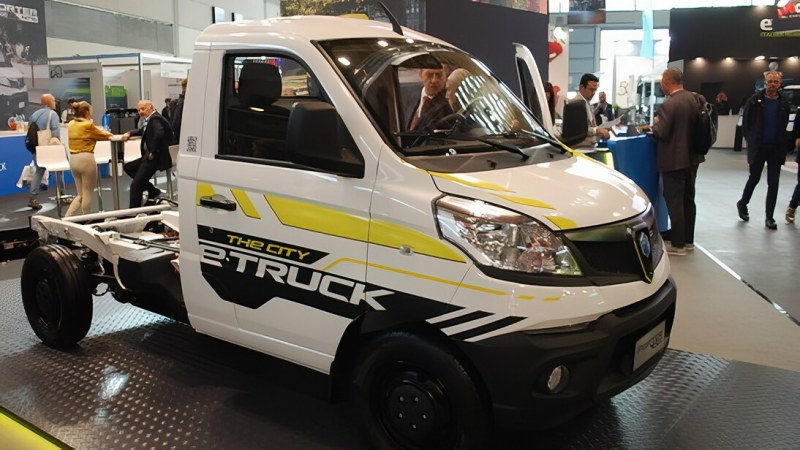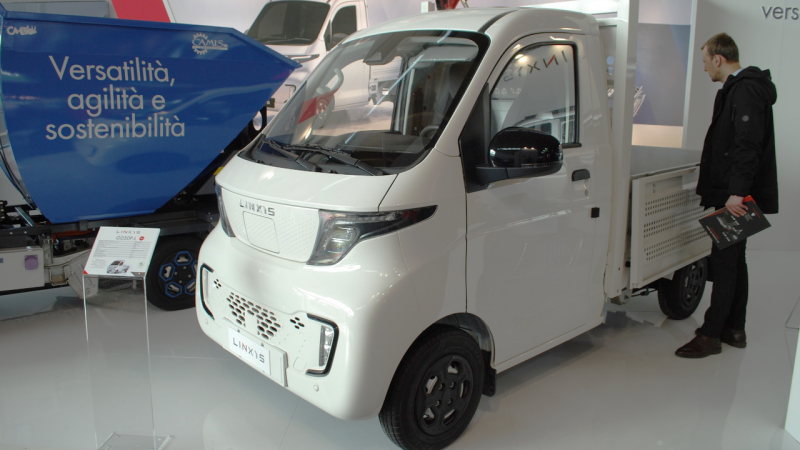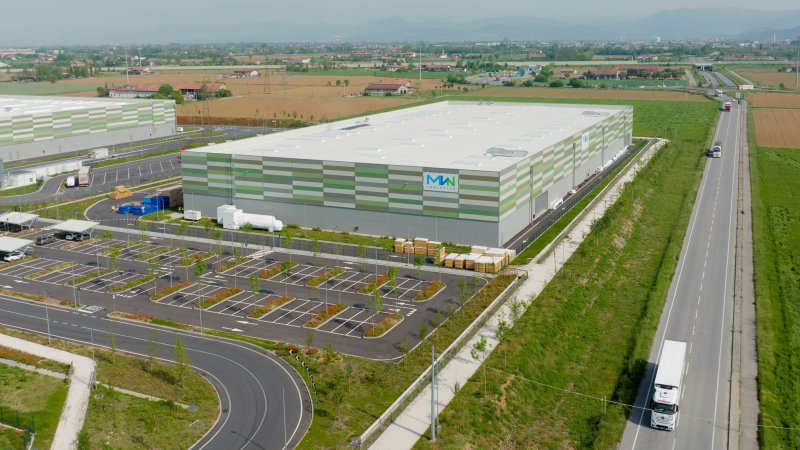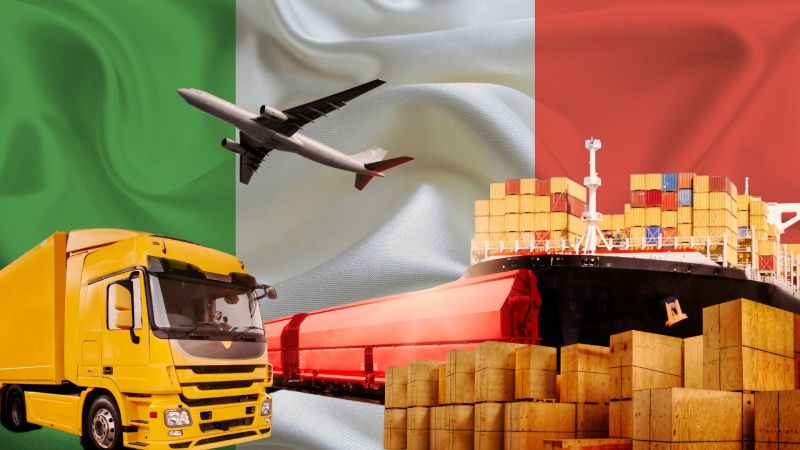Rhenus Logistics takes a further step towards low-emission inland navigation with the development of three electric river vessels powered by hydrogen fuel cells. The vessels are currently being tested on the Rhine, focusing on ensuring optimal performance. Special attention is given to fine-tuning the electronic systems and verifying all technical components.
One of the key aspects under evaluation is the integration between the fuel cell system and the battery system. The 840 kWh battery acts as a buffer for load peaks while also ensuring vessel operation in emergency situations. Two fuel cells convert hydrogen into electrical energy, with the option to add more to further increase efficiency.
In addition to hydrogen technology, the vessels are equipped with two diesel engines, each providing 350 kW of power, to ensure operational capability during long-distance journeys. A fully electric bow thruster is also being tested to enable precise maneuvering. With reverse mechanisms and two 960 kW synchronous electric motors, noise levels are kept to a minimum.
The trials include a comprehensive evaluation of the fuel cell and battery system under variable load conditions to guarantee maximum system reliability. The fuel cell system is also kept cooled via two separate circuits for high and low temperatures.
The United Nations Economic Commission for Europe (UNECE) has already granted special approval for the use of hydrogen as a propulsion method, although this approval does not yet cover the transport of dangerous goods. This makes the Rhenus vessel the first of its kind authorized to navigate the Rhine using hydrogen power.



